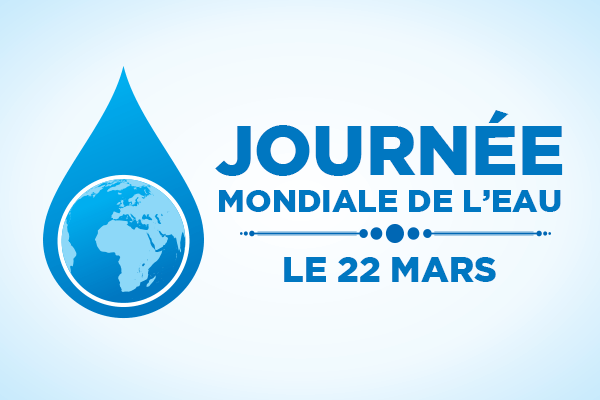World Water Day
March 22 marks the opening of the United Nations Water Conference in New York. This meeting is historic because, for the first time in half a century, the States will meet to discuss the issues of access to water and sanitation as well as the preservation of water resources.
In the 21st century, the issue of access to water is still a major problem since one person in four in the world does not have access to drinking water and one person in three does not have access to a toilet (according to the World Health Organization). Pathologies linked to the lack of water, sanitation and hygiene cause the death of 1.4 million people each year and reduce the life expectancy of 74 million people (WHO, 2022).
Although water was recognized as a fundamental human right in 2010, the lack of water connection in France remains a challenge for 400,000 people in precarious housing. The situation is much worse in overseas territories. Moreover, access to water remains a vital issue for 180 million people in conflict zones or in humanitarian crisis.
For children, according to UNICEF, the risk of dying from a water-related disease is twenty times higher than the risk of dying during an armed conflict. Populations who do not have access to water are forced to leave their territory, causing tensions between pastoral populations and sedentary farmers as in South Sudan or Afghanistan. The World Water Day aims to promote changes to solve the water and sanitation crisis.
HAMAP-Humanitaire is committed to access to water and sanitation through the adduction and extension of drinking water supply works, the formation of sustainable water management committees and the creation and connection of drinking water services.

